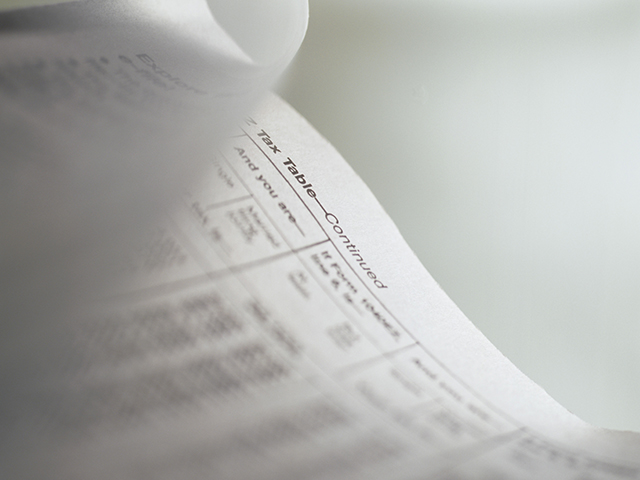Over at Real Clear Policy, Robert VerBruggen asks some thoughtful questions about my recent paper “The Proper Tax Treatment of Interest.” Below are my brief responses to his questions.
VerBruggen asks:
“If we balance out the bad incentives of taxes by handing out tax breaks in the ‘exact extra amount’ charged to cover the tax, aren’t we defeating the purpose of taxation, which is to raise money?”
Then he asks:
“Why is it that the government should give me a tax break to even out the incentives of the corporate tax when I pay interest on a home loan, but not when I buy a different product or service whose price has been pushed up in this manner? Wouldn’t the tax code be closer to neutral if it discouraged all economic activity equally?”
The answers to these questions are closely linked so I’ll answer them together.
A sound tax system should raise the necessary amount of revenue to fund the government while inflicting the least amount of economic damage. All taxes change relative prices, which means they alter incentives and suppress economic growth. The goal of tax policy should be to minimize the amount taxes alter relative prices to minimize the negative impact taxes have on the economy.
It is not always possible to determine how taxes change those prices though. For instance, the corporate income tax falls on three groups: a business’s shareholders through lower returns to their investment; its customers through higher prices; and its employees through lower wages or fewer jobs. We know it affects them all, but we don’t know in which proportion exactly. So rather than give a deduction, we try to keep the corporate tax rate as low as possible to minimize tax’s negative effects
Interest taxation is an entirely different animal. We know exactly who bears the cost of it. As I explained in my paper, borrowers pay the cost because lenders raise the rates they charge in direct proportion to the tax they pay on their interest income. Because we know this, interest deductions are sound policy when interest income is taxable because they directly minimize, or eliminate altogether when there is only one tax rate, the distortion caused by the tax code.
If not for the deduction, borrowers would borrow less and the economy would suffer. It is vitally important to not double tax interest because it directly deters investment if we do. Less investment because of bad tax policy has a large negative impact on the economy.
There are only a handful of deductions that are necessary to maintain neutrality. Keeping them in the tax code won’t prevent the government from collecting the revenue it needs.





















